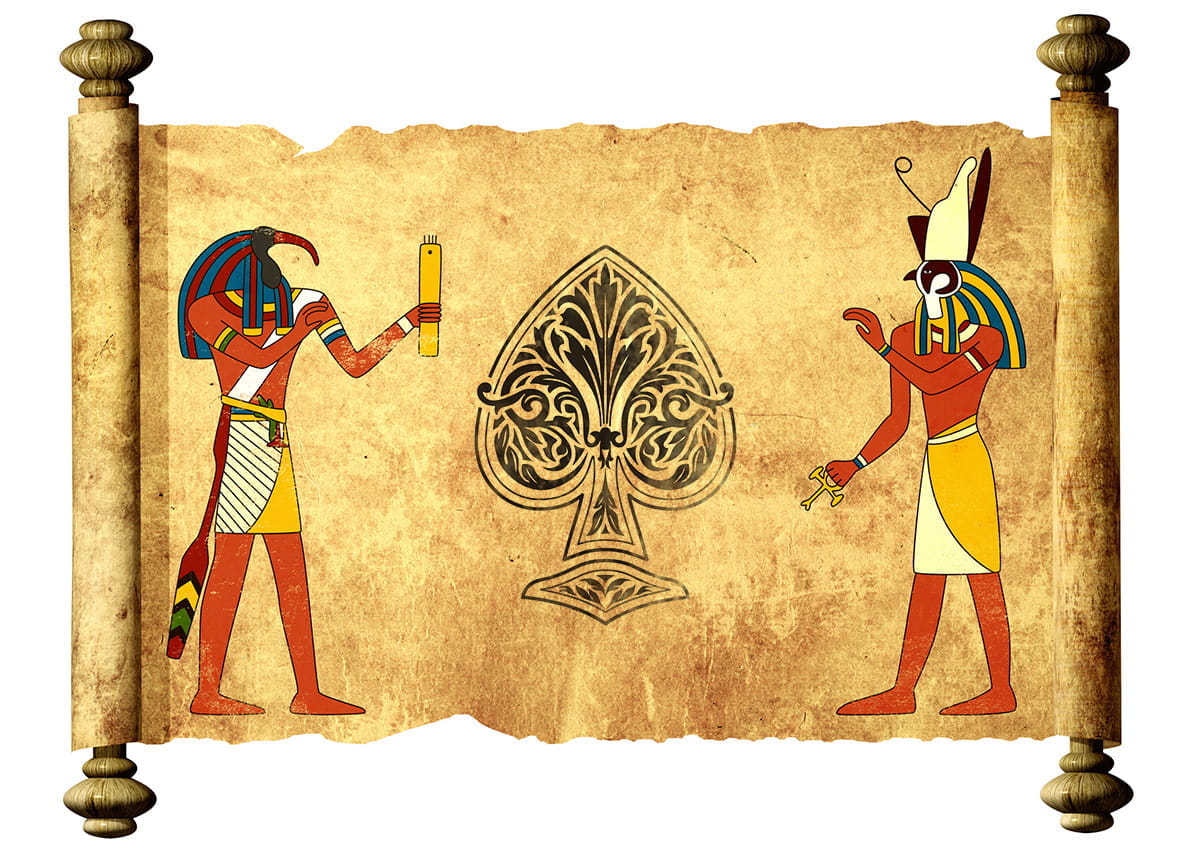Gambling, Ancient Cultures, and Gods: How Does It All Fit in the Same Picture?
October 24, 2019 Ken JohnsonMillions of people consider gambling to be a part of their lives and daily routines in one form or another. Even the kids do it, they just don’t realise it. We think that it’s a thing of our recent societal development and advancement as species. It certainly has evolved in forms and variety, however, many people don’t know that gambling dates back to thousands of years BC. The setting has evolved from common yards and agoras to ultra-modern venues, jam-packed with electronics and state-of-the-art tables, but the principle has remained unchanged throughout the centuries. There are traces that numerous ancient cultures engaged in all sorts of gambling activities. They all did it, separated by continents and oceans without having any possible way of communicating or sharing knowledge. Not just that, but they believed in deities that were closely linked to the process. We will point out a few of them, as well as their significance in the history books.

Thoth and His Gambling Involvement
Looking at ancient Egypt, for example, Egyptians had a plethora of gods they believed are there to protect them, guide them, and serve justice. Among them, the name of the Thoth stands out. The ibis-headed deity was the patron of magic, wisdom, science, and judgment. Perceived to be the inventor of gaming, as well. How he did that you might wonder? According to myths, he invented the 365-day calendar by gambling with Iabet (the moon) in efforts to help Nut, the goddess of the cosmos and mothers. His game of choice? Dice!
Hermes and His Connection to Gambling
Similarly to Egypt, it’s a common knowledge that Greeks had many Gods to count on in their belief systems: some soaring sky-high, others dwelling beneath the surface. Among them was Hermes, which is not to be confused with the French fashion brand of the same name, but the Greek god of gaming, commerce, thieves, and trickery among other things. He was appointed with the task of being the messenger of the Gods. Among his not-so-impressive characteristics were the ability to trick and outwit his fellow gods for his personal satisfaction and gain: a manipulator one might presume.
Gambling Gods Across the Globe
Aside from the more popular ancient cultures, you can find Hermes’ and Thoth’s counterparts in many other religions. For the Aztecs, this was Macuilxochitl: the god of games, music, and art. Heading a bit to the North in the modern-day United States, the Navajos had their own incarnation in the eyes of Noqoìlpi a.k.a. the Great Gambler. It is said that he was challenging all men, outsmarting them and eventually winning their properties, families and some of the men themselves. Last but not least, just to emphasise just how deeply embedded gambling was across every continent, the Hindus in South Asia believed that if you worship Lakshmi, the goddess of wealth and fortune, with utmost sincerity, she will bless you with success and wealth, which led many to gamble considerably due to their beliefs that blessings coming their way.
Gambling Is More Important Than You Might Think
It’s a fascinating subject to think about. Gambling has been an integral part of the societal life of billions of people throughout history. An important ritual for conflict solving, decision making, and in some cases a cornerstone for what direction one’s life is going to take. Gods were literally appointed as patrons of it. It isn’t surprising that it’s so massively popular, as it is a part of each person’s life in one form or another. It’s just a matter of how much we lean on it.



